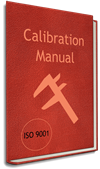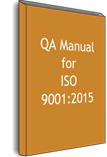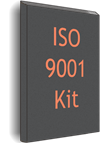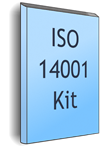Electrical Power
Engineer Interview
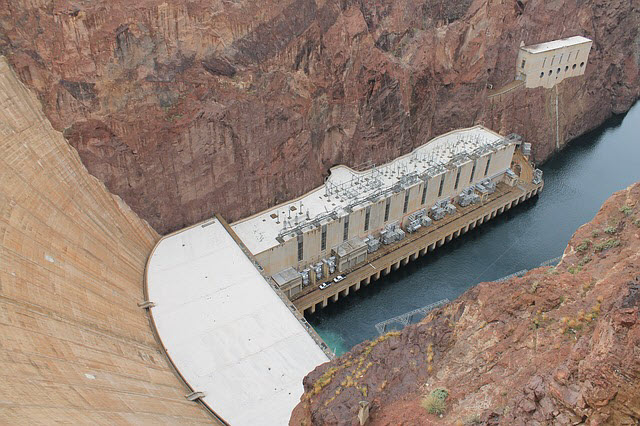
Considered working as an Electrical Power Engineer? This interview will take you through the ups and downs you can expect in the position, what it takes to land the job, what you can expect to earn and more.
This Data Analysis Video teaches you the basic tools for understanding, summarizing, and making future predictions with your collected data. Includes MS Excel templates.
What is your job title and what industry do you work in? How many years of experience do you have in this field? How would you describe yourself using only three adjectives?
I am an Electrical Power Engineer working in the power controls industry. I have been employed in this capacity for 6 years. I can describe myself using the words capable, knowledgeable, and productive.
What’s your ethnicity and gender? How has it hurt or helped you? If you ever experienced discrimination, how have you responded and what worked best?
I am a white male and I have never experienced any discrimination. I know plenty of other engineers of different races in the same field and none of them has ever mentioned being discriminated against, either. I suppose the skill set we possess makes us valuable to our employers.
On a scale of 1 to 10 how would you rate your job satisfaction? What might need to change about your job to unleash your full enthusiasm?
I'd say my job satisfaction is a 7 or an 8. Don't get me wrong, I love my Electrical Power Engineer job. But with the steps we have to follow on every project, it starts to become routine. The complexity of some of the systems I get to work on serves to keep it fresh, though.
If this job moves your heart – how so? Ever feel like you found your calling or sweet spot in life? If not, what might do it for you?
I've been considering transferring into the nuclear energy field. There are many power engineers employed at nuclear power plants and I think that would make the position a bit more exciting. Overall, though, I do believe that power engineering is my calling.
Learn SPC in an hour. Train your employees. Improve your processes and products. Prevent defects and save your company money.
Is there anything unique about your situation that readers should know when considering your experiences or accomplishments?
No, there is nothing unique in my situation. I paid for my education with student loans and worked hard to pay them off. I worked as an apprentice to learn the ropes until I earned my certification. Now I just work hard and enjoy the fruits of my labor.
How did you get started in this line of work? If you could go back and do it differently, what would you change?
I loved physics class in high school and college, especially when we worked with electricity. I saw the power engineering course in the college catalog and I knew that it was the field for me. I pursued my degree and an internship and got hired when I graduated.
What did you learn the hard way in this job and what happened specifically that led up to this lesson?
I learned to make sure the power is off before attempting any kind of electrical work. I thought that the system I was working on was powered down but it wasn't. I neglected to lock the main switch out and someone restored the power while I wasn't looking. I grabbed a live wire and got a pretty healthy shock. I'm just thankful it was a low amperage system!
What is the single most important thing you have learned outside of school about the working world?
I learned that although it is possible to bluff your way through school work, you must always give 110% in the real world. Not that I did bluff my way through, but I did learn that lesson through some school friends who haven't been as successful as I have.
Your comprehensive package for learning and training the TRIZ problem solving methodology. Includes mobile app, books, PowerPoints and real world examples.
What’s the strangest thing that ever happened to you in this job?
Nothing strange has really ever happened to me on the job as an Electrical Power Engineer. We run a tight ship with procedures for everything, each project falls into the routine. Sometimes the systems I work on become quite complex but that's not out of the ordinary.
Why do you get up and go to work each day? Can you give an example of something that really made you feel good or proud?
I go to work each day so I can do my Electrical Power Engineer job of designing and testing power systems. It makes me happy each time the power is switched on and the system works as designed. That validates all of the thought and effort that went into that particular system.
What kind of challenges do you face and what makes you just want to quit?
I face challenges like figuring out how to make power systems that are as efficient as possible, then having to redesign them to fit into a client's new proposed budget. It's annoying but its part of the Electrical Power Engineer job. Integrating the latest developments in technology into a system is a challenge as well. You just tackle the problem head-on and meet the deadline. I don't want to quit my job, I enjoy it too much.
How stressful is your job? Are you able to maintain a comfortable or healthy work-life balance? How?
My Electrical Power Engineer job is not too stressful, except if a project runs up to the customers deadline, or they move that deadline up and testing is not yet complete. I maintain a healthy work-life balance by exercising and being active in my church. Both activities help me keep things in perspective.
What’s a rough salary range for the position you hold? Are you paid enough and/or happy living within your means?
A Electrical Power Engineer earns between $58,500 and $84,000 per year, not including bonuses. I am happily living within my means and I don't intend to do anything foolish with my money to mess that up. My only real indulgence is travel. I enjoy seeing new places!
Includes an easy to edit Calibration Manual, recommended calibration system, reports and templates.
How much vacation do you take? Is it enough?
I take two weeks of vacation each year. It is adequate but I am looking forward to getting another week. I like to visit new places and I'd like to partake in traveling to more than two destinations per year.
What education and skills do you need to get hired and succeed in this field?
A four year degree in electrical engineering is required. Most employers also look for experience in electrical distribution. Familiarity with signal processing, electrical systems, controls and power electronics, drive systems, etc. would be beneficial.
What would you tell a friend considering your line of work?
Electrical Power Engineer is a high paying, secure field to get into. It is very interesting and you get to came up with creative solutions to electrical distribution problems using both your hands and your mind. If you are technically minded, power engineering is a great career choice.
If you could write your own ticket, what would you like to be doing in five years?
I will probably still be employed with the same firm if the nuclear power option doesn't pan out. If it doesn't, I will still further my education and training to increase my classification as an engineer. It is always a good idea to keep your skills and education up to date no matter where you are employed.
- QAS Home
- Interviews
- Electrical Power Engineer
|
Quality Assurance Solutions Robert Broughton (805) 419-3344 USA |
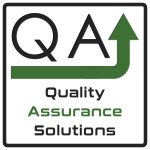 |
|
Software, Videos, Manuals, On-Line Certifications | ||
|
450+ Editable Slides with support links | ||
|
Corrective Action Software | ||
|
Plan and Track Training | ||
|
AQL Inspection Software |
|
Learn and Train TRIZ | ||
|
Editable Template | ||
|
Templates, Guides, QA Manual, Audit Checklists | ||
|
EMS Manual, Procedures, Forms, Examples, Audits, Videos | ||
|
On-Line Accredited Certifications Six Sigma, Risk Management, SCRUM | ||
|
Software, Videos, Manuals, On-Line Certifications |



